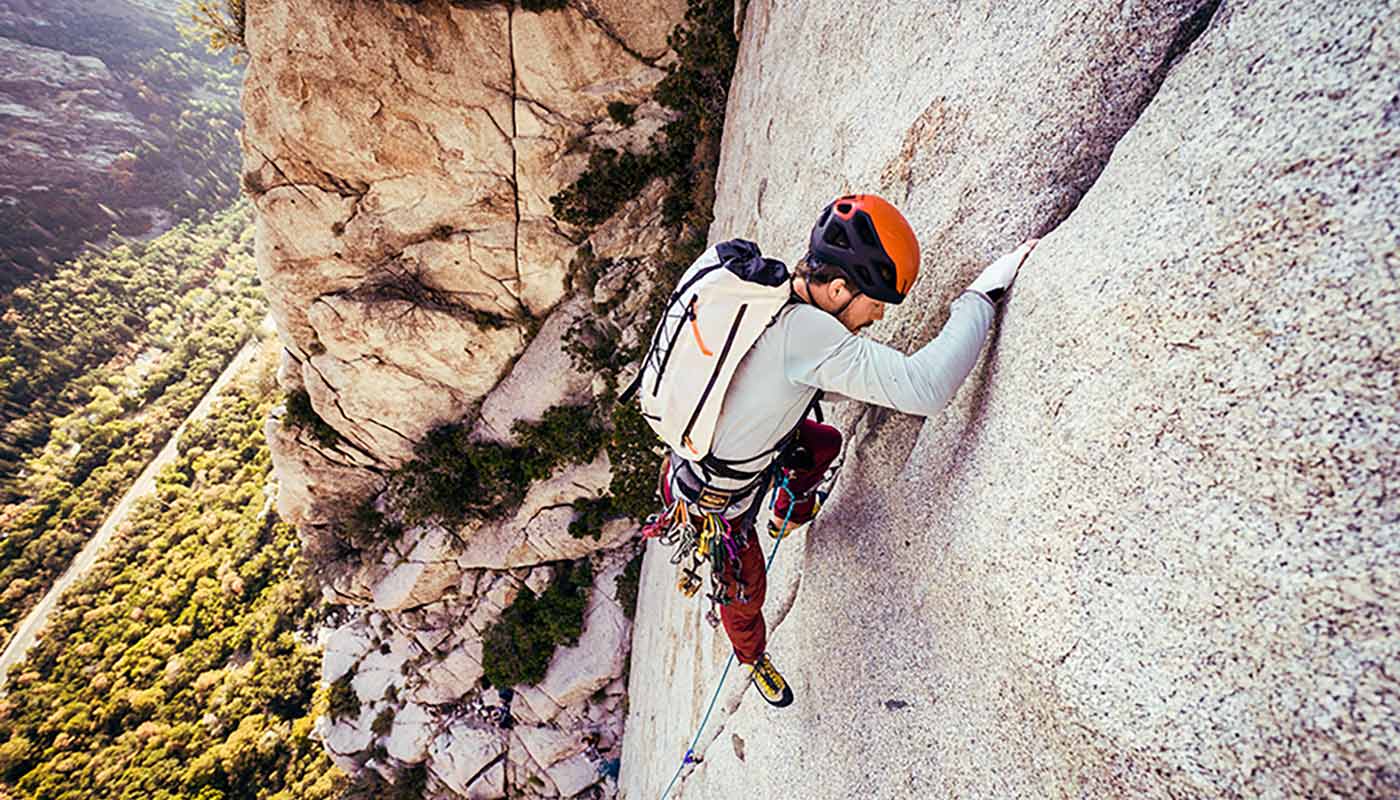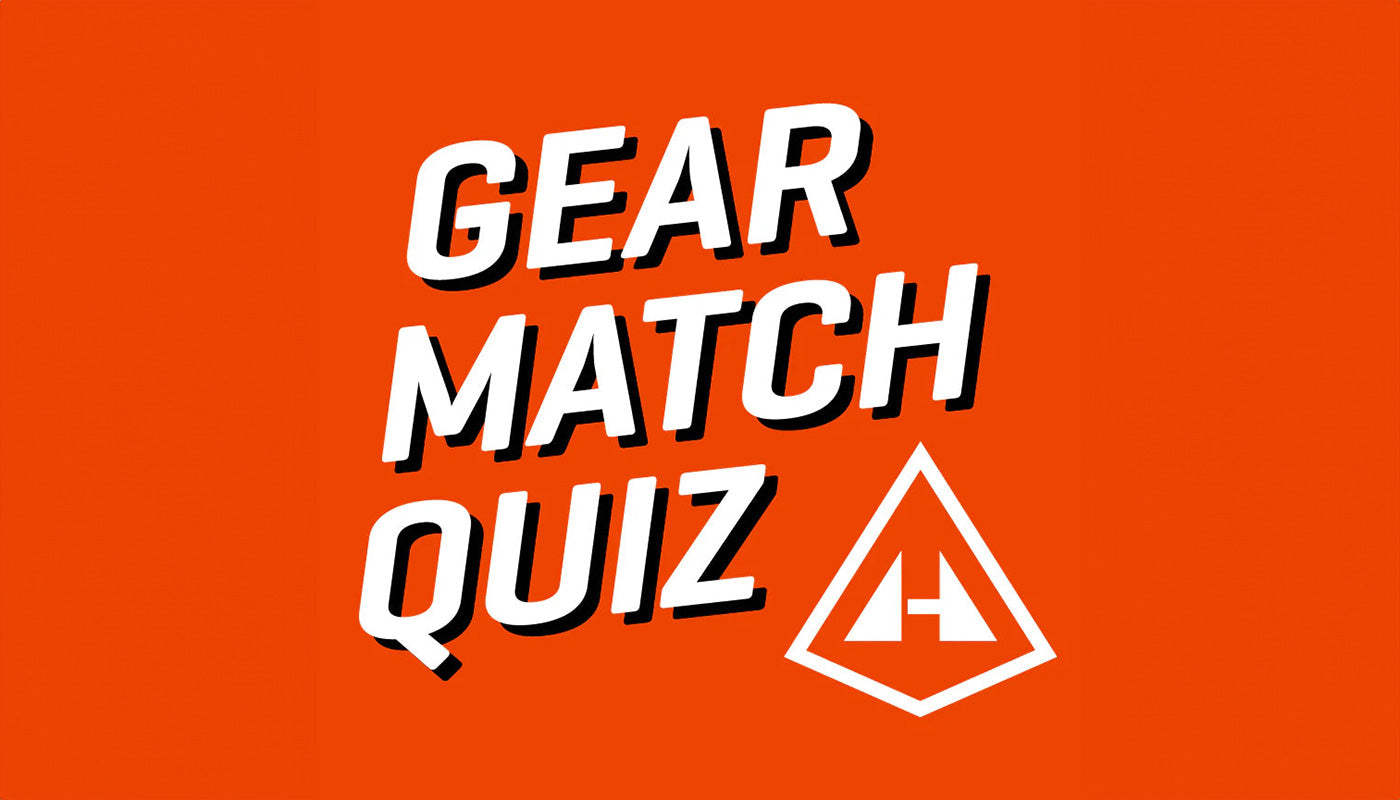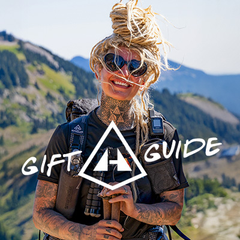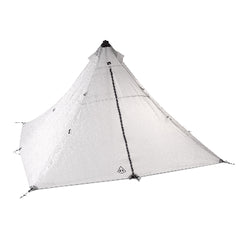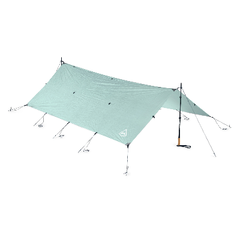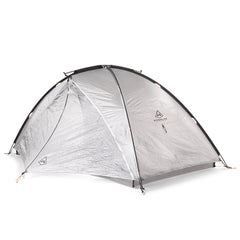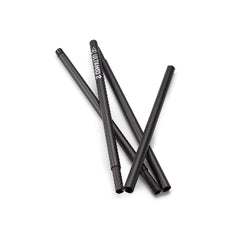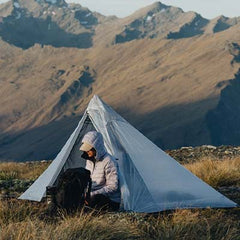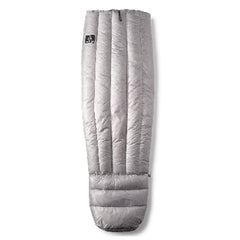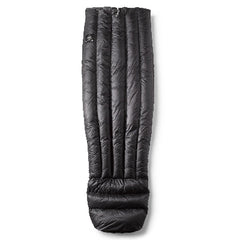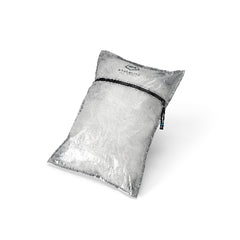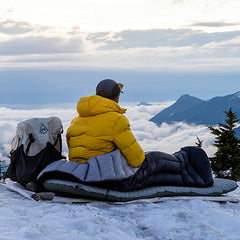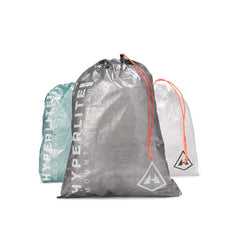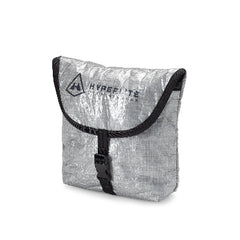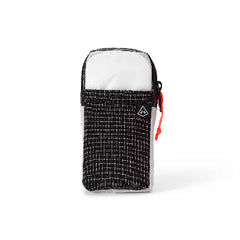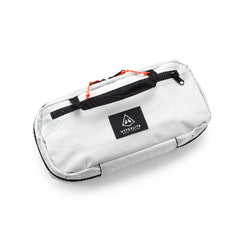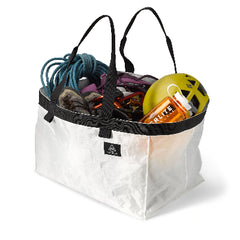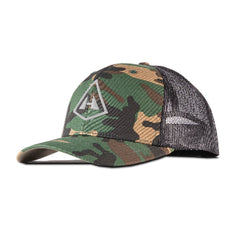When you travel throughout the beautiful parks and wild spaces of America there is a story and aspect of the land we often forget: this land is not ours.
As I travel I am often thinking of the mileage, the risk management in the terrain and what snack I will have next. I appreciate the sights, the trails (or lack of trails), the access to water and the preserved beauty of nature. I used to only think of the first people when seeing dwellings, petroglyphs and artifacts. These pieces of history have been preserved and protected and they are a reminder. They remind us we are not the first by a long shot and then thoughts wander to "what life must have been like." We sit with that for a little while then move on down the trail, thoughts comparing then to now. But what about what happened between then and now?

So you've got your permit, booked your days off and have checked and double checked your gear in anticipation. Did you remember to check the history? Do you know whose land you'll be on? (and I'm not talking about NPS or BLM) This is a step often forgotten and (if done) is only a Google search. The sad reality is a Google search alone won't do very much. The history of First Nations people are not widely taught and much of it was intentional. It takes work to find the dates of significant events and massacres. It's not the most pleasant topic either. But the more we shy away from it, the harder it will be to move forward with reconciliation and teaching others the full story.

I challenge others to not only know your mileage, pack weight and names of the tribes whose land you travel through, but to know more of their story and share it. This does require some hard subjects but having a conversation about it doesn't have to be hard itself. Share what you learned and come back with more questions and curiosities. It's still a step forward!

This is only my opinion mixed with some practices I've used when traveling outdoors. I'd love to hear more from others and what they've done. Again, having the conversation is where we can learn more!

